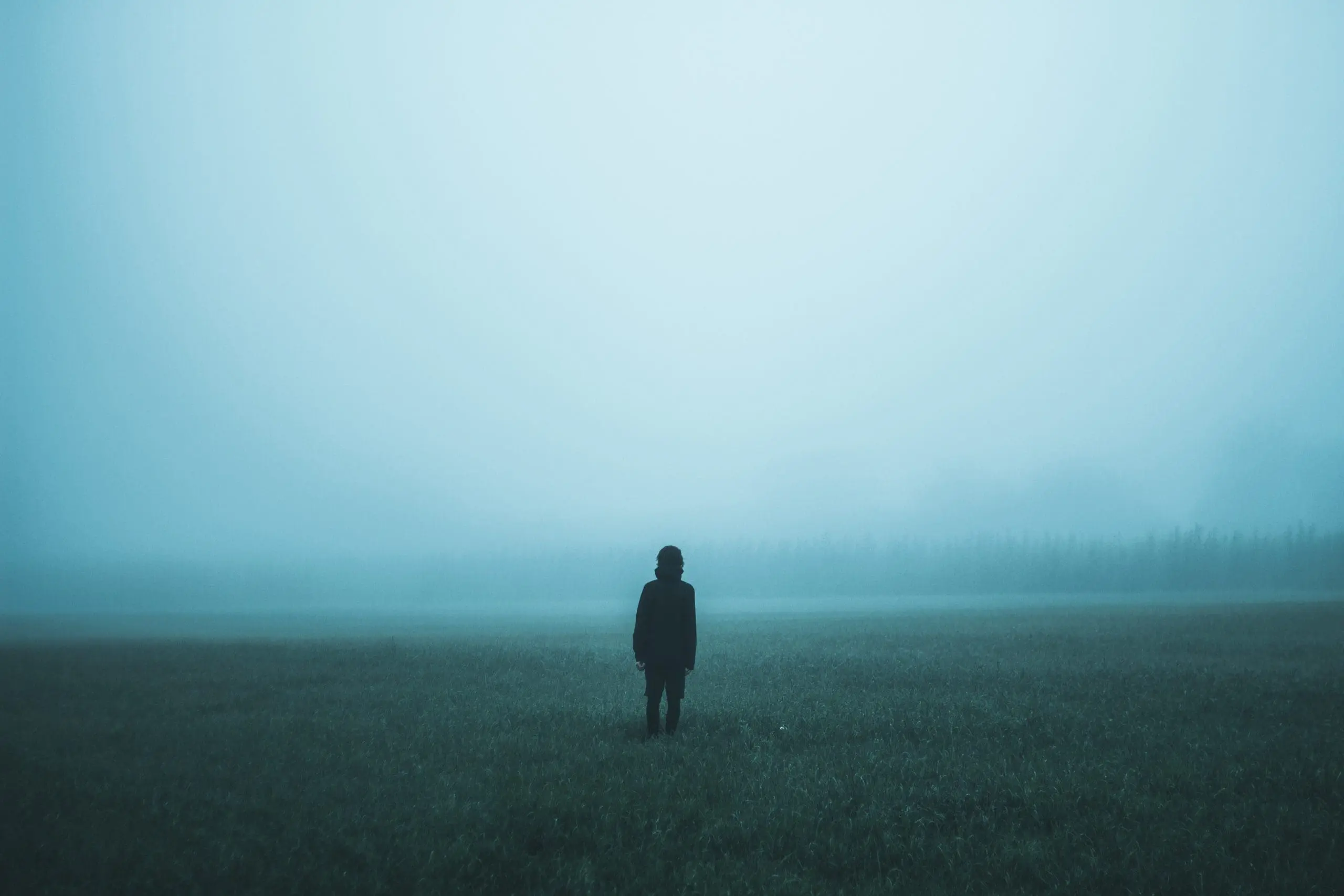The summer is almost over. School is expected to start up again in a few weeks. Our Chief medical officer, Dr. Teresa Tam, is already warning that Canada’s cases of COVID are on the rise. Here in Canada, a second wave will probably hit late September, early October, just in time for Thanksgiving.
This is the world we now live in and it is fraught with ambiguity, uncertainty, loss, anxiety, loneliness, and frustration. No one has an advantage in this reality. It affects everyone, albeit, differently and to varying degrees..
For years dystopian novels have described scenarios that resemble what life looks like today. Cynics and conspiracy theorists attribute our state of ‘being’ to underhanded, controlling, evil political powers. Why not? Any theory is as good as the next when there are no real answers.
Doctors advise the use of masks on Monday; other doctors advise against using them on Tuesday. The Education Minister announces how schools will open on Wednesday; on Thursday he rolls back the announcement. On Friday, there are assurances from the government that they will take care of those who still have not received their Emergency cheques. Everyone is told to enjoy the weekend forgetting that, these days, most weekends are much like weekdays. There are only differences for the (un)lucky ones who work or are on the front lines.
Fortunately, despite all of this, some individuals are managing quite well. Age has its advantages in times such as these. Many have lived through other hardships that include wars, epidemics, displacement, and natural disasters. Older adults have perspective, are less likely to catastrophize, and see a light at the end of the tunnel. After all, there have always been ‘ends’ to past tragic events.
If you are experiencing any of the negative symptoms enumerated above, take comfort in knowing that you are not alone and there are some ways to mitigate the damage.
Here are a few tips that are easy to do and will hopefully build your resilience quotient.
- Limit your news intake and avoid extended coverage. Skip sections in the newspapers or online when reporting gets too negative. Shut off the radio when you hear the same story repeatedly.
- Search alternate channels for more uplifting or entertaining stories, series, comedies, or other shows that are pure fun and distracting.
- Find something small to be grateful for each morning when you get up and each evening at bedtime. Try not to repeat the same ideas, but explore what else might be worthy of your gratitude. It can be as easy as, “thank goodness there are no more deer flies at the end of August”. By focusing on the positive, you will begin to feel better.
- Call someone outside your bubble or close knit circle of friends or family. Surprise that long lost friend with a no agenda call, and feel the warmth of the good feeling you create by remembering him or her.
- Make a point of interacting with those “consequential strangers” (a term borrowed from a 2013 book written by Melinda Blau and Karen L. Fingerman) with whom you have “weak ties”. These are the people who you meet as you go to the grocery store, jog by daily, or walk your dog. Despite the passing nature of these conversations (at a distance during this time of pandemic), you make connections, find out what is going on and add to your repertoire of information, necessary or not.
- And, of course, eat well, sleep well, and be as physically active as possible. Being sedentary is literally and figuratively a killer.
All of these are gentle reminders of what we all need to do in good times and bad. As the pandemic continues, coming up with simple acts of kindness and empathy towards others will go a long way to help you overcome the stresses of uncertainty.


0 Comments